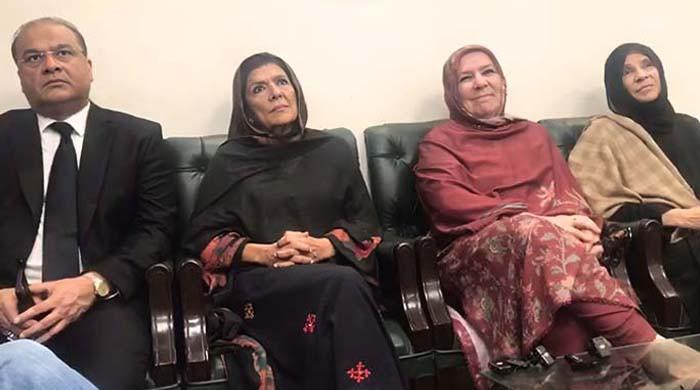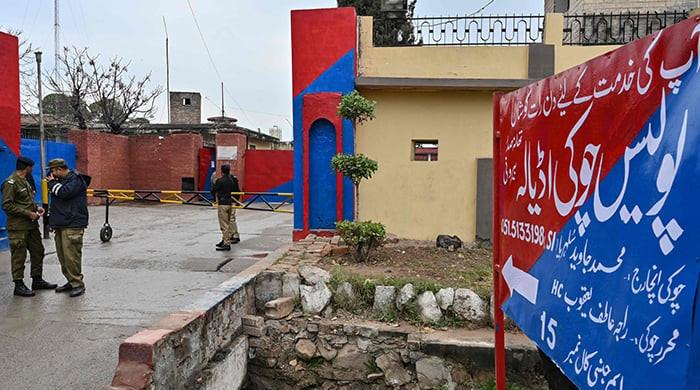World Population Day: 225m women sans safe family planning methods - UN
This year's theme is Family Planning: Empowering People, Development Nations
July 11, 2017
Around 225 million women across the globe who want to avoid pregnancy are not using safe and effective family planning methods, adding to the every-rising global head count, United Nations shared on the 28th World Population Day.
Since 2017’s theme of the World Population Day is Family Planning: Empowering People, Development Nations, it has been found out that most of these women with an unmet demand for contraceptives live in 69 on the poorest countries on earth. Access to safe family planning is also central to women’s empowerment as is a key factor in reducing poverty.
According to the UN, the world population stands nearly at 7.6 billion, with roughly 83 million people adding to the head count annually. The rise in population is despite the decline in fertility rate since 1960s.
Population to food crisis: Directly proportional relation
In Pakistan, results have yet to be announced of the census that took place after nearly two decades. But a rough estimate suggests the count is around 200 million, while annually the population increases by 3.5 million annually.
“Even substandard milk that has water mixed in it is not fulfilling the needs of people,” said Munawwar Sabir, a social activist.
The increasing population is not only a threat to food resources, but also distances people from chances on getting awareness on issues pertaining the society.
“They can [then] not be provided with a decent living standard nor can be given training on citizenship,” said University of Punjab Institute of Behavioural and Social Sciences Director Dr Zakria.
In Khyber Pakhtunkhwa province of the country, an increase in population is effecting health facilities that are insufficient even when there is an emergency situation, such as the terrorist attacks that take place in the adjoining tribal region.
However, the population welfare department in the province has vowed to spread family planning awareness to atleast 50% of the families in KP by 2020.
“Our workers go from door to door, talking to women in a friendly manner,” said Dr Najma Sultana, director of the population welfare department.












